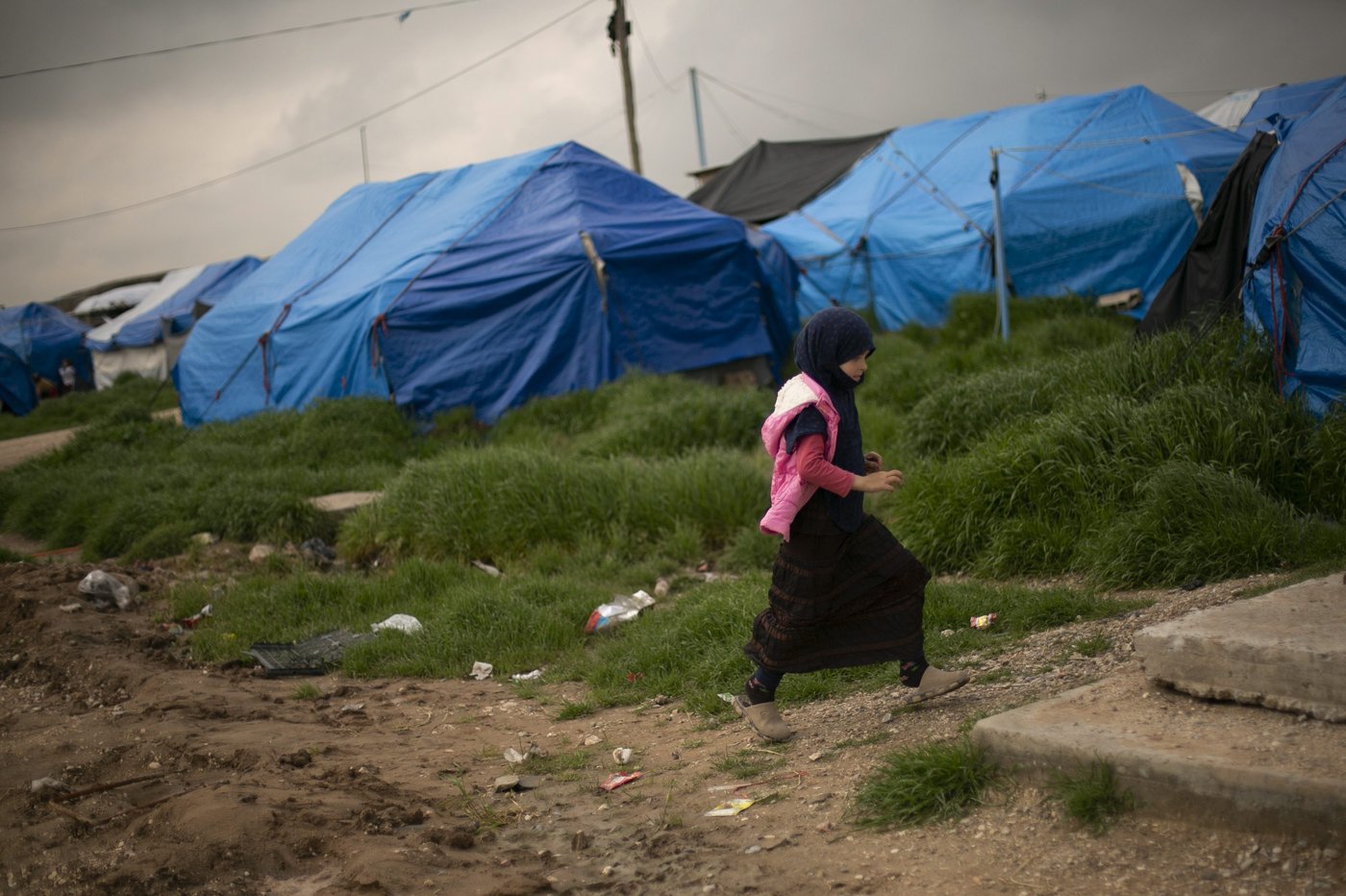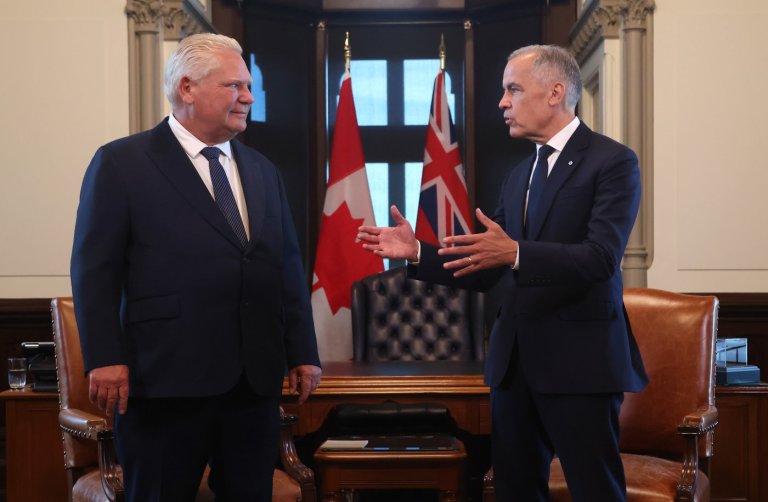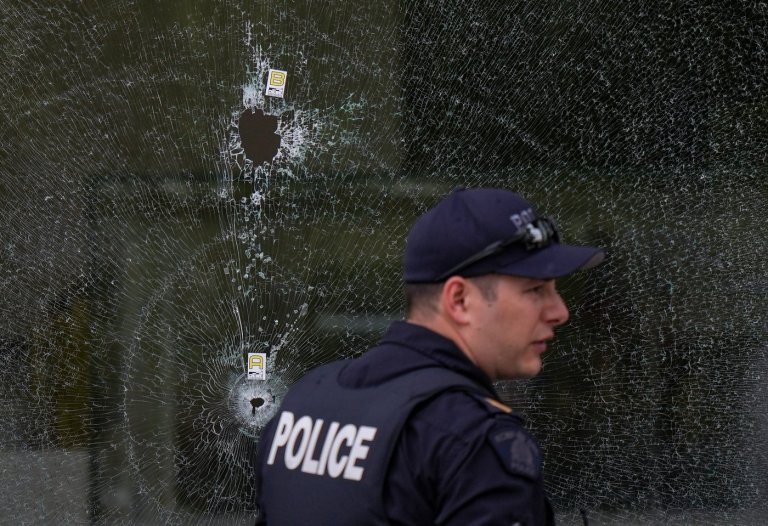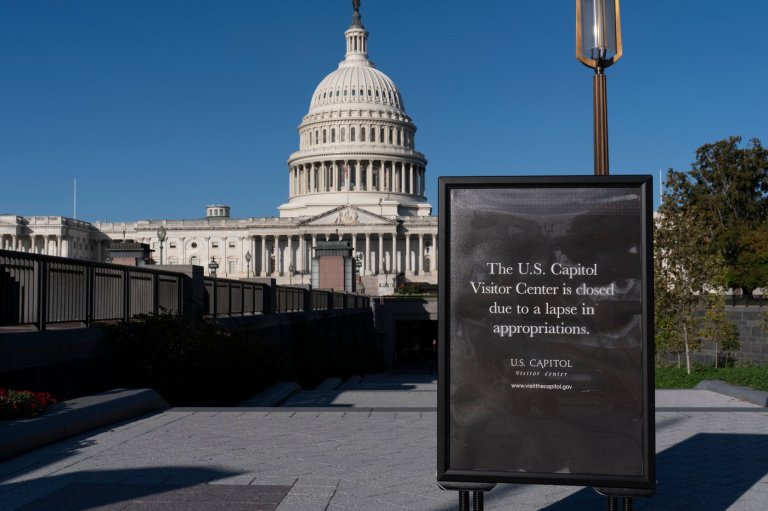
Canadian men, children held in Syria pursue human rights complaints against Ottawa
OTTAWA — A dozen Canadian men and children detained in Syria are complaining to the Canadian Human Rights Commission that Ottawa is discriminating against them by not assisting their return to Canada.
The Canadians are among the foreign nationals who have endured squalid and dangerous conditions for years in camps and prisons run by Kurdish forces that reclaimed the war-ravaged region from militant group Islamic State of Iraq and the Levant.
Some Canadian women and children have been repatriated in recent years with help from Canadian officials and the co-operation of Kurdish authorities.
There are 12 complainants in the human rights commission case — five Canadian men and seven children aged five to 12.
Lawyer Nicholas Pope, who launched the complaints, said federal policy guiding the repatriation of Canadians from the region discriminates based on age, sex and family status.
Pope said the policy gives less favourable treatment to Canadian children whose mothers were not born in Canada.
Canada has insisted that the remaining detained Canadian children, who were born to three non-Canadian mothers, be forcibly separated from their mothers and become orphans in Canada in order to receive repatriation services, he said.
In addition, Ottawa has declined to help repatriate Canadian men.
“Every Canadian has the right to be treated equally,” Pope said in a statement. “This is a rare situation in which the detaining authority holding Canadians abroad is actually pleading with us to end the detention, but it is Ottawa that is selectively refusing to let some Canadians return home.”
Among the men complaining to the human rights commission is Jack Letts, who became a devoted Muslim as a teenager, went on holiday to Jordan, then studied in Kuwait before winding up in Syria.
The Federal Court of Appeal ruled two years ago that Ottawa was not obligated under the law to repatriate Letts and three other Canadian men. The Supreme Court of Canada then declined to hear an appeal of the ruling.
In accordance with the Canadian Human Rights Act, the human rights commission receives and screens complaints from people who believe they have experienced discrimination or harassment.
The commission helps resolve disputes through mediation or conciliation, and sometimes refers complaints to the Canadian Human Rights Tribunal, an independent body that can decide whether there is discrimination.
Pope said the commission “has put the files on a fast-track” and is requiring the government to participate in conciliation, which is in the process of being scheduled.
The human rights commission did not respond to a request for comment.
Global Affairs Canada spokeswoman Charlotte MacLeod said that due to confidentiality the department is unable to comment on cases before the human rights commission.
The complaint filed last August on behalf of Letts says he suffers from anemia and experiences considerable pain from a potentially life-threatening kidney disorder, but he cannot access adequate medical treatment.
“The Complainant is held in prison in a small cell that is overcrowded and unsanitary,” the form reads. “He lacks adequate food and medical attention. He has never been given any legal process to challenge his detention.”
It notes that Canada has repatriated women and children from northeastern Syria under federal policy, but not any men, even though their conditions are more dire than those of the repatriated women and children.
“The blanket ban on repatriating adult males perpetuates the stereotype that men are more dangerous than women and children,” the complaint says.
In a response filed with the commission concerning Letts’s case, the federal government says the commission should refuse to deal with the complaint because “the assessment of the complainant’s situation is ongoing and a decision whether to provide extraordinary assistance has not yet been made.”
The government also denies the allegation that Letts was not given repatriation assistance because of his sex or age.
A statement of reply to the commission on behalf of Letts says the government has twice made determinations to refuse him repatriation services.
In a response to the commission concerning the complaints involving children, the government denies the federal policy is discriminatory towards them on the basis of family status.
MacLeod said Global Affairs continues to evaluate the provision of extraordinary assistance, including repatriation to Canada, on a case-by-case basis.
“Canadian consular officials remain actively engaged with authorities and international organizations operating in Syria for information on and assistance to Canadian citizens in custody,” she said.
This report by The Canadian Press was first published June 5, 2025.
Join the Conversation!
Want to share your thoughts, add context, or connect with others in your community?
You must be logged in to post a comment.



















